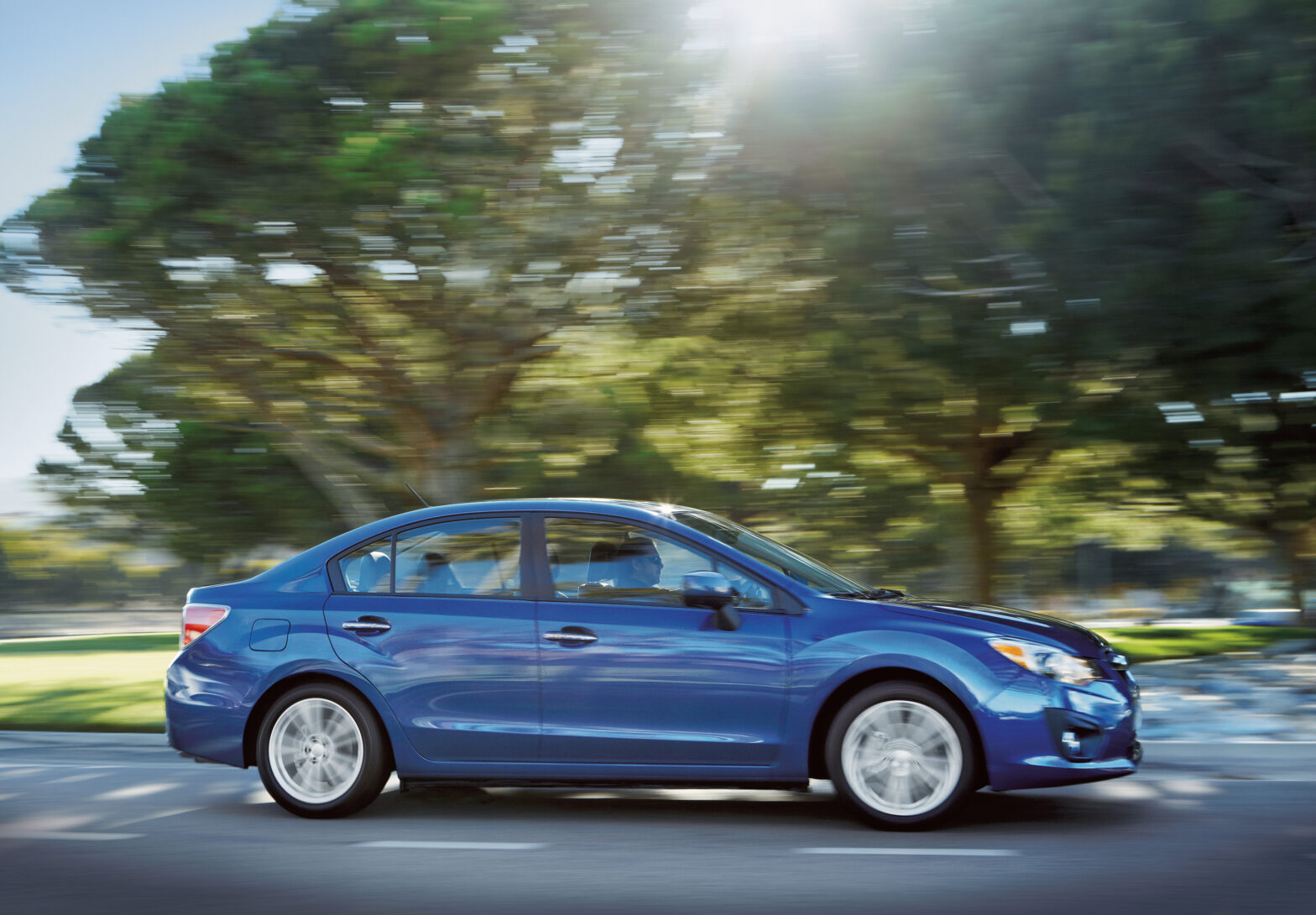KBB Research Shows Brand Loyalty Tied to US Regions

By subscribing, you agree to receive communications from Auto Remarketing and our partners in accordance with our Privacy Policy. We may share your information with select partners and sponsors who may contact you about their products and services. You may unsubscribe at any time.
IRVINE, Calif. –
Why are some shoppers dead set on a particular brand, while others can be swayed be a variety of factors including price, fuel efficiency and looks? According to Kelley Blue Book, it might have something to do with where these shoppers call home.
KBB announced results of research that focused on the most and least popular auto brands by U.S. region, and overall, statistics show out of all regions, Southerners are the least influenced by brand when shopping for a car.
“Perhaps manufacturers have the ability to conquest market share in the South since these shoppers are not as loyal to any specific automaker,” KBB officials asserted.
The Southern trend is illustrated by the relatively small 17 percent preference for Infiniti over other brands.
This is compared to stats such as the following:
- Midwest shoppers are 64 percent more likely to consider Chrysler than shoppers from other regions.
- Northeast shoppers are 56 percent more likely to consider Subaru than shoppers from other regions.
- Western shoppers are 85 percent more likely to consider Tesla than shoppers from other regions.
For some of these more brand-oriented regions, KBB.com found the top brands most shopped in specific U.S. regions are often headquartered or have assembly plants in that area, suggesting shoppers prefer manufacturers with local ties to their region.
Subscribe to Auto Remarketing to stay informed and stay ahead.
By subscribing, you agree to receive communications from Auto Remarketing and our partners in accordance with our Privacy Policy. We may share your information with select partners and sponsors who may contact you about their products and services. You may unsubscribe at any time.
“It seems what is popular in one region is overlooked in another,” said Arthur Henry, analyst at Kelley Blue Book.
“Westerners prefer fuel-efficient brands with style, such as Tesla and Scion, but those same brands are shunned in the South and Northeast,” he added. “Those living in the South gravitate toward brands that are manufactured in the same region. Shoppers from the Midwest also have an affinity for brands headquartered or produced in their own backyard.”
KBB also reported regional tendencies towards vehicle segment, as well.
Out West, KBB found that new-car shoppers are 66 percent more likely to consider a hybrid car, while Midwest car shoppers are 42 percent more likely to consider a full-size crossover.
Southern shoppers are 41 percent more likely to consider a full-size sport utility, followed by the Northeast which is 20 percent more likely to shop for a compact crossover.
“Based on actual shopping data on KBB.com, hybrids are synonymous with the West, as SUVs are with the South,” said Henry. “Seeing the key drivers motivating shoppers are topography, metropolitan density and government regulations, it is not surprising compact crossovers are preferred over full-size SUVs in the Northeast.
“This shows when brand choice is layered on top of segment preferences, manufacturers like Subaru rise to the top with its four-wheel drive options, along with Volvo and its high safety ratings, which help both brands drive interest in this region.”
Continue the conversation with Auto Remarketing on both LinkedIn and Twitter.


